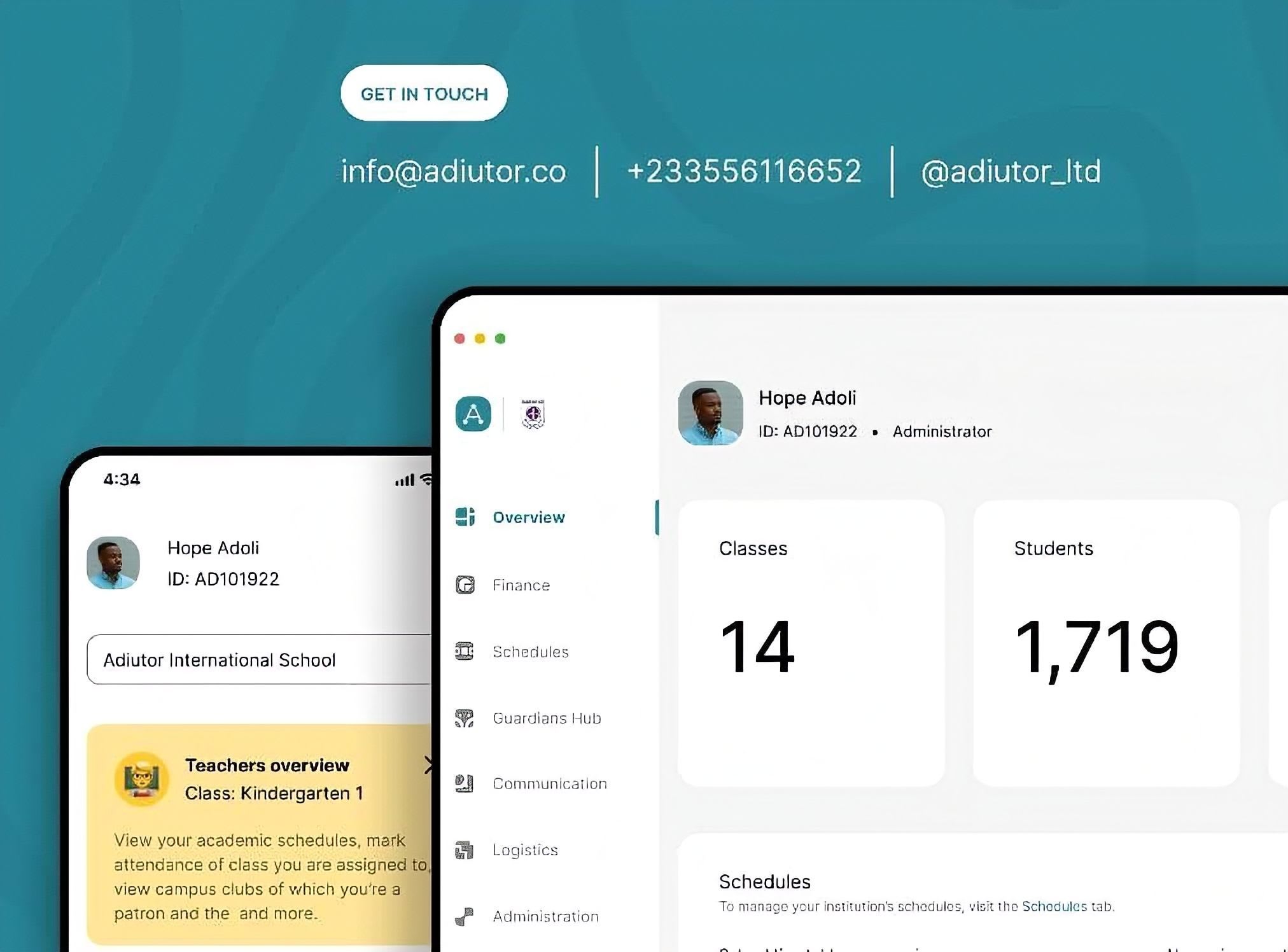Holistic Education: A Broader Perspective on Learning
Holistic education is a response to a growing recognition that learning involves more than just academic achievement. Holistic education aims to consider the full development of a learner: intellectual, emotional, social, physical, creative, and even ethical dimensions.

We hear the term holistic education everywhere these days. It's in school mission statements, promotional brochures, seminars, and parent forums. You’ll see it on websites promising “whole child development” or “education for the future.” So the question is, what does holistic education actually mean?
Holism is derived from the word holon, which means something that is both a whole on its own and part of something larger. It is a way of looking at how things work that draws more attention to the fact that everything in the universe is connected. Nothing exists or works completely by itself. So, we can't truly understand the big picture by breaking things into tiny pieces and looking at them separately.
Instead, the universe and everything in it (people, schools, students, classrooms, even ideas) are part of systems that interact with each other. The parts are always influencing the whole, and the whole affects the parts. That’s why the whole is more than just a collection of separate pieces. To understand how anything works, we need to look at how it functions within its system.
Holistic education is a response to a growing recognition that learning involves more than just academic achievement. Holistic education aims to consider the full development of a learner: intellectual, emotional, social, physical, creative, and even ethical dimensions. It sees learning as a deeply human process; shaped by relationships, environment, self-awareness, and meaning-making. This doesn't mean academic is ignored, but places them in context: alongside personal growth, empathy, and the ability to engage thoughtfully with the world.
Interconnectedness
Holistic learning takes this holonic perspective seriously. It assumes that knowledge itself is not fragmented, and that learners thrive when they can see and feel the connections between disciplines, between personal experience and academic content, between self and others.
This interconnectedness operates on several levels:
Cognitive Integration
Learners are encouraged to move across domains; linking history to ethics, science to environmental stewardship. This cross-disciplinary thinking reflects the natural complexity of the world, moving away from isolated subject or courses.
Ecological Awareness
Lessons often incorporate ecological and environmental systems thinking. Students explore their relationship with the natural world as part of ecosystems, which helps them develop both cognitive insight and ethical responsibility. In this sense, environmental education becomes moral and personal, not just scientific.
Social and Cultural Contexts
Just as individuals are nested within larger social systems, learning is shaped by culture, language, and historical moment. Holistic education invites learners to understand their social identities and how these relate to broader community narratives and global structures.
Inner and Outer Worlds
Perhaps most distinctively, holistic models recognize a dialogue between a learner’s inner world (thoughts, emotions, values, dreams) and the outer world (social norms, scientific knowledge, institutional structures). Learning also becomes a reflective process of integration, bringing inner experiences into alignment with external understanding.
Foundations of Holistic Learning
Learning Is Personal and Contextual
Learning is shaped by an individual's background, values, relationships, and environment. What we learn, and how deeply we understand it, depends on how much it resonates with our lived experience.
Emotion and Intuition
Emotional engagement and intuition are central to how we learn. Emotional insight supports both memory and meaning-making.
The Whole Brain Is Engaged
Holistic learning encourages integration of both analytical and creative thinking. It values logical reasoning just as much as imagination, empathy, and reflection. In doing so, it structures lesson delivery to activate multiple areas of the brain, which leads to deeper, more flexible understanding.
Learning Is Lifelong and Evolutionary
Holistic theory sees education not as a phase of life, but as a lifelong process. As people grow and evolve, their learning needs shift. This view promotes adaptability and self-awareness, helping learners continually make sense of themselves and the world.
Relationships and Community Are Central
Holistic learning is inherently relational; peer collaboration, mentorship, and a sense of belonging all enhance the learning process. The goal is personal growth and growth in connection with others.
Holistic education draws from a range of disciplines: developmental psychology, humanistic education, and spiritual or philosophical traditions that emphasise wholeness and integration. Educators are invited to design environments where learners can connect ideas across disciplines, reflect on personal values, and explore topics in ways that are both intellectually and emotionally engaging.

Adiutor
Adiutor means "helper" - we do just that, by taking a load of your school administration and helping you focus on what matters most: the kids.
References
Montessori, M. (1967). The discovery of the child (M. Joseph Costelloe, Trans.). Ballantine Books.
Palmer, P. J. (1998). The courage to teach: Exploring the inner landscape of a teacher’s life. Jossey-Bass.
Rogers, C. R. (1969). Freedom to learn: A view of what education might become. Charles Merrill Publishing Company.
Steiner, R. (1996). The education of the child and early lectures on education. Anthroposophic Press.
Capra, F. (1996). The web of life: A new scientific understanding of living systems. Anchor Books.
Vygotsky, L. S. (1978). Mind in society: The development of higher psychological processes (M. Cole, V. John-Steiner, S. Scribner, & E. Souberman, Eds.).
Piaget, J. (1973). To understand is to invent: The future of education. Grossman Publishers.
Malaguzzi, L. (1998). History, ideas, and basic philosophy. In C. Edwards, L. Gandini, & G. Forman (Eds.), The hundred languages of children: The Reggio Emilia approach to early childhood education
Smith, G. A. (2002). Place-based education: Learning to be where we are.
